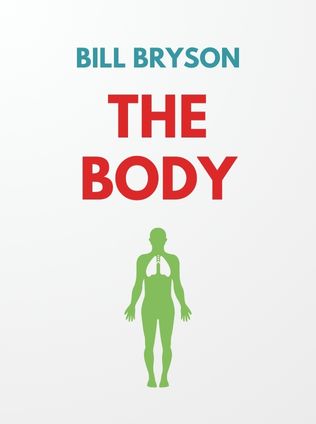
Sapiens
A Brief History of Humankind
By Yuval Noah Harari
Published 01/2011
About the Author
Yuval Noah Harari is an Israeli historian and professor at the Hebrew University of Jerusalem. He is renowned for his books on the history and future of humankind, including "Sapiens: A Brief History of Humankind," "Homo Deus: A Brief History of Tomorrow," and "21 Lessons for the 21st Century." Harari's work spans the intersections of history, anthropology, and futurology, providing readers with deep insights into the past, present, and potential future trajectories of Homo sapiens. "Sapiens" is one of his most influential works, providing a sweeping narrative of the history of our species from the emergence of archaic human species to the present.
Main Idea
"Sapiens: A Brief History of Humankind" by Yuval Noah Harari explores the history of Homo sapiens from the emergence of the species through significant revolutions that have shaped human society and the world. The book focuses on four major revolutions: the Cognitive Revolution, the Agricultural Revolution, the Scientific Revolution, and the Industrial Revolution, detailing how each has transformed human life and society.
Table of Contents
- Introduction
- The Cognitive Revolution
- The Agricultural Revolution
- The Unification of Humankind
- The Scientific Revolution
- The Industrial Revolution
- The Future of Homo Sapiens
- Conclusion
The Cognitive Revolution
The Cognitive Revolution, which occurred around 70,000 years ago, marked the emergence of Homo sapiens' unique cognitive abilities, particularly advanced language skills. These abilities allowed Sapiens to share complex ideas, create social structures, and dominate other species.
"The Cognitive Revolution involved the development of three new abilities, all related to language, that helped Homo sapiens outpace their fellow humans." - Yuval Noah Harari
Flexible Language
Homo sapiens developed a flexible language that enabled them to communicate detailed information about the world around them, such as the location of food sources and potential dangers.
"Rather than communicating simple ideas, the language of Sapiens could warn someone about a lion, describe its location, and plan how to deal with it." - Yuval Noah Harari
Flexible Language
- Sapiens could share detailed information about hunting strategies and locations of prey.
- They could communicate complex social structures and build large communities.
Gossip
Gossip allowed Sapiens to build trust and form larger social groups by sharing information about other individuals within the group.
"Using language to convey information about other people is a way to build trust." - Yuval Noah Harari
Gossip
- Sharing information about trustworthy and untrustworthy individuals in the community.
- Building alliances and coordinating group activities based on shared knowledge.
Fictions
The ability to create and believe in fictions, or imagined realities, enabled Sapiens to cooperate in large numbers and create complex social structures, such as religions, nations, and corporations.
"Sapiens seem to be the only animals who have this ability to discuss things that don’t have a physical presence in the world." - Yuval Noah Harari
Fictions
- Belief in shared myths and legends that united large groups of people.
- Establishing institutions like governments and legal systems based on collective beliefs.
The Agricultural Revolution
About 10,000 years ago, the Agricultural Revolution began as humans transitioned from a nomadic lifestyle of hunting and gathering to settled farming communities. This shift allowed for population growth and the development of complex societies but also brought new challenges.
Sign up for FREE and get access to 1,400+ books summaries.
You May Also Like
Freakonomics
A Rogue Economist Explores the Hidden Side of Everything
By Steven D. Levitt and Stephen J. Dubner



















